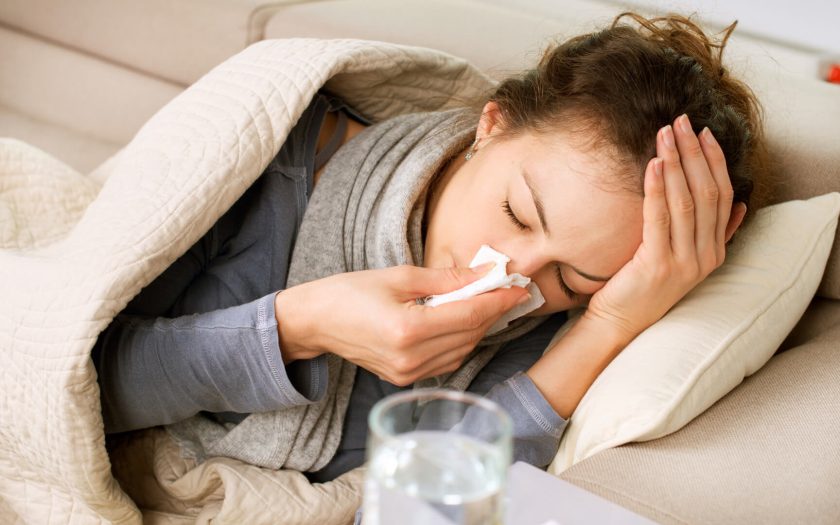Myth 1. If you get your feet wet in the cold winter or walk outside without a hat during autumn, you can get sick.
Staying warm all the time does not guarantee the protection against viruses and bacteria. Although, autumn and winter are periods of increased incidence of colds, cold weather cannot be considered the sole cause. During winter, people spend more time indoors and ventilation may not always be adequate. In addition, during autumn and winter, only few people spend enough time outdoors and breathe fresh air. Also, there is less sunlight in winter, which can lead to a deficiency of vitamin D, weakening immunity. Daily diets in this season often lack sufficient vitamins and minerals.
All these factors increase the risk of developing various illnesses. Therefore, hypothermia cannot be called the main cause of colds, and it is not advisable to categorically assert. However, it is better not to experiment and dress according to the weather.
Myth 2. The flu vaccine will definitely protect against the disease.
Every year, medical experts produce vaccines based on specific types of flu viruses. However, it should not be forgotten that hundreds of different strains of the virus exist in nature. Therefore, even if a person receives the vaccine, but becomes infected with a flu strain that was not included in it, they will get sick. Besides, no vaccine guarantees a 100% result. If a person falls ill with a different strain of virus, the vaccine will help alleviate its symptoms. In such a case, recovery will occur more quickly.
To prevent the flu and other respiratory illnesses, follow these recommendations:
- wash hands frequently and thoroughly with soap or use hand sanitizer when soap is unavailable;
- try not to touch your face with dirty hands;
- avoid contact with infected individuals;
- get at least 7 hours of sleep per day;
- strengthen immunity with dietary supplements containing vitamins C, D, B, A and beneficial trace elements.
Myth 3. To recover faster from illness, you need to eat less or go hungry.
On the contrary, when a person is ill, he needs to eat well and consumes more protein-rich food, vitamins and minerals, as vitamins activate immune system cells and thereby accelerate the immune response to pathogens. Additionally, during colds, people start taking various medications that should not be taken on an empty stomach. Therefore, fasting during a cold is not the best way to fight it. It may even complicate the illness and lead to negative consequences. If you are sick, do not refrain from eating and consume more vitamins and beneficial trace elements. Also, you should visit your family doctor, because if you have the flu, you need medications (for example, Amantrel, Antiflu), which help you recover faster from the illness.

